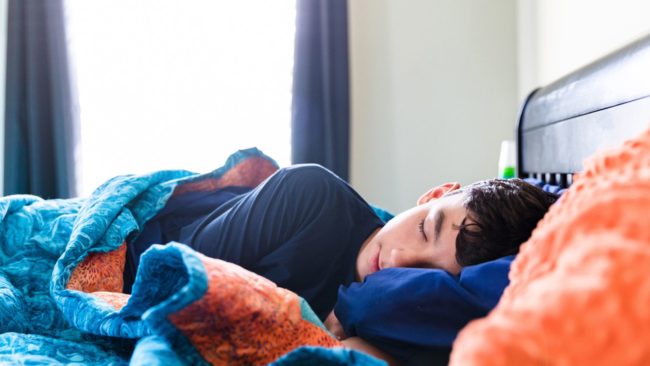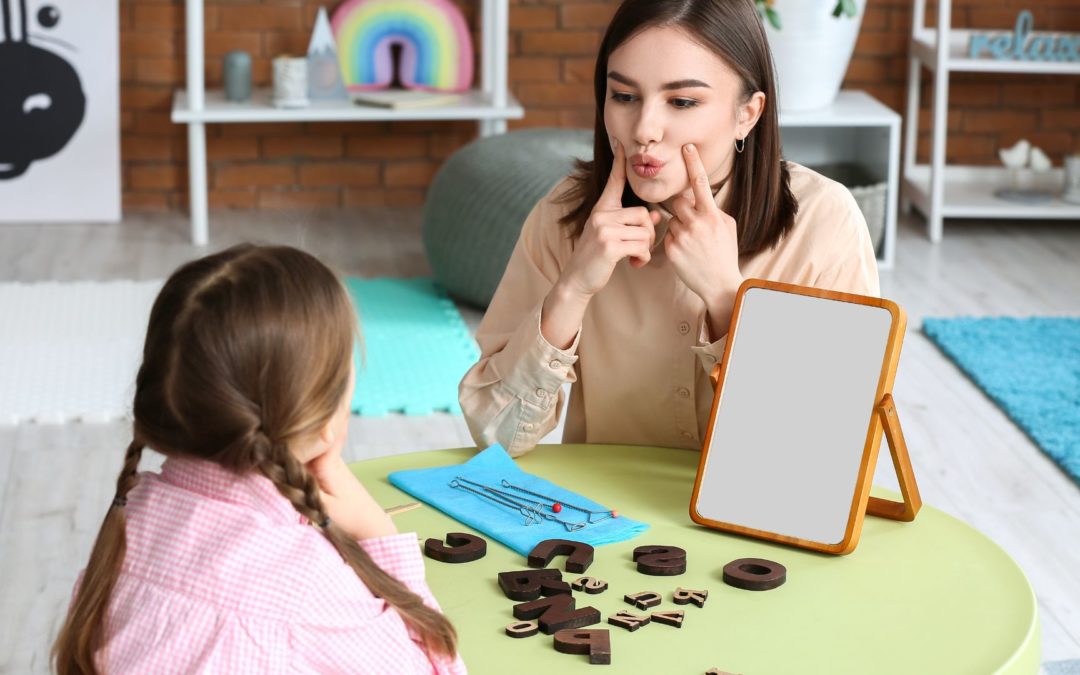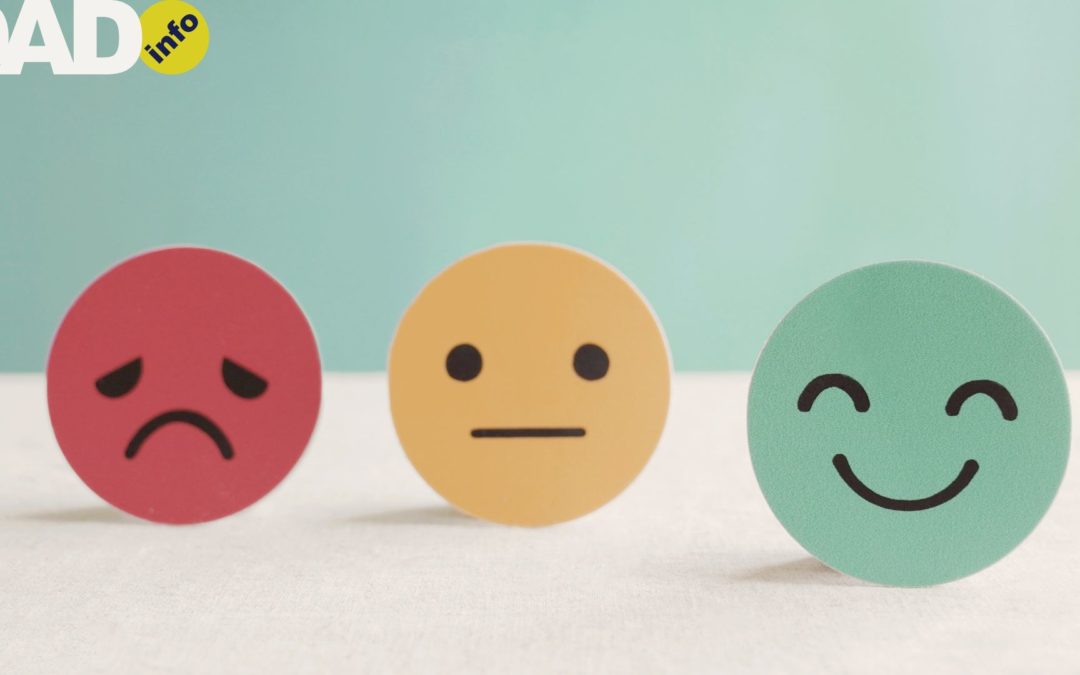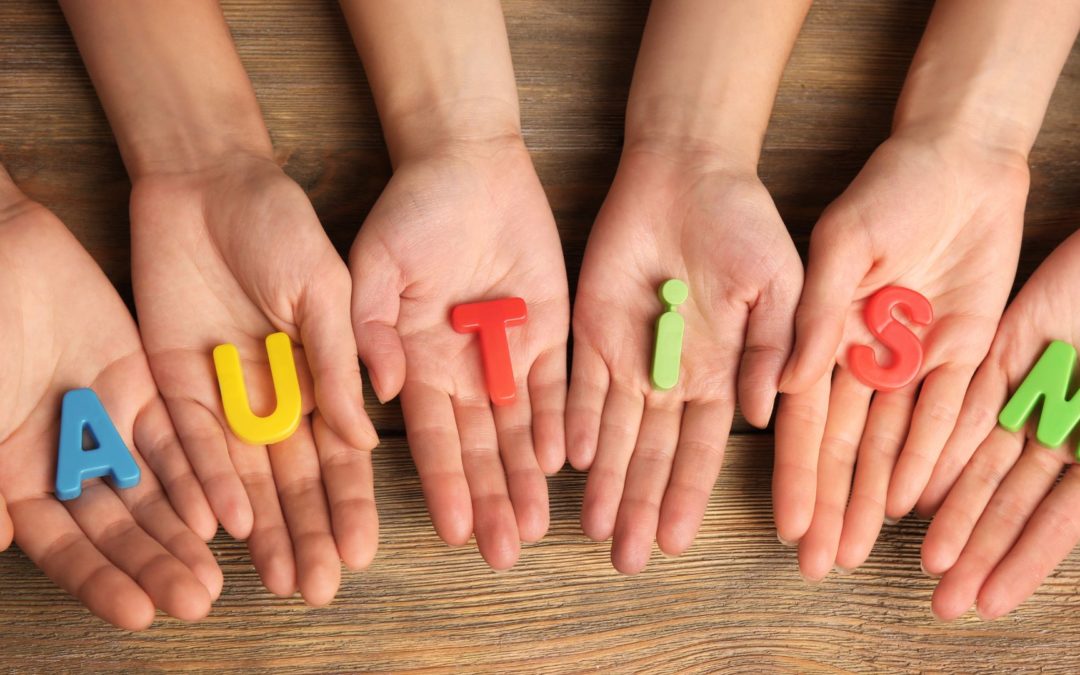
Parents regularly fret over the affects of social media, peer pressure and school stress on their child’s mental health. However, good sleep is just as vital, and often overlooked.
Children who are lacking quality sleep can veer between excitable and snappy, and struggle to concentrate. Anxiety and depression can develop, and their immune system becomes less effective. A study by the University of Maryland found that children aged 5-11 who got less than the recommended amount of sleep displayed greater mental health problems, as well as difficulties with memory and problem solving.
Whether you’ve got a difficult 5 year old or a grumpy teen, there are ways to help them get better sleep.
Sleep hygiene
The ways in which we approach bedtime is referred to as ‘sleep hygiene’. Examples of good sleep hygiene include:
- stopping use of electronics an hour before bed
- lowering the lights
- taking a soothing bath
- reading a book.
These are all helpful tactics for both adults and children. Other helpful sleep hygiene strategies for children and teens include:
- keeping a regular bedtime
- a healthy diet, and consuming only ‘sleepy foods’ in the hours before bed (see below)
- turning down the heating- around 18 degrees Celsius is optimum bedroom temperature
- using blackout blinds to make the room darker
- using a night light if children are scared of the dark
- having a wind-down period before sleep; maybe try listening to children’s meditations together.
‘Sleepy’ foods
Sleepy foods help the body produce melatonin, which aids restful sleep. The following sleepy foods are the best choices in the hours before bed:
- warm milk (but not hot chocolate)
- yogurt
- chicken or fish
- bananas
- apples
- blueberries
- strawberries
- brown bread
- peanuts
- cashews
- sunflower seeds.
Make sure that portions of sleepy foods aren’t too large to avoid bedtime indigestion.
Sleep disorders in children
Children can sometimes suffer from sleep disorders including nightmares, night terrors or sleep walking. These disorders can often run hand-in-hand with mental health problems.
If your child has a nightmare or night terror, calmly reassure them that they are safe, and when they feel more relaxed they will usually go back to sleep.
1 in 3 children will have an episode of sleep walking by the age of 13. If it becomes a recurring problem, you may wish to take safety precautions such as installing stair gates to prevent falls.
If you find your child has an ongoing problem with a sleep disorder, contact your GP for advice.









